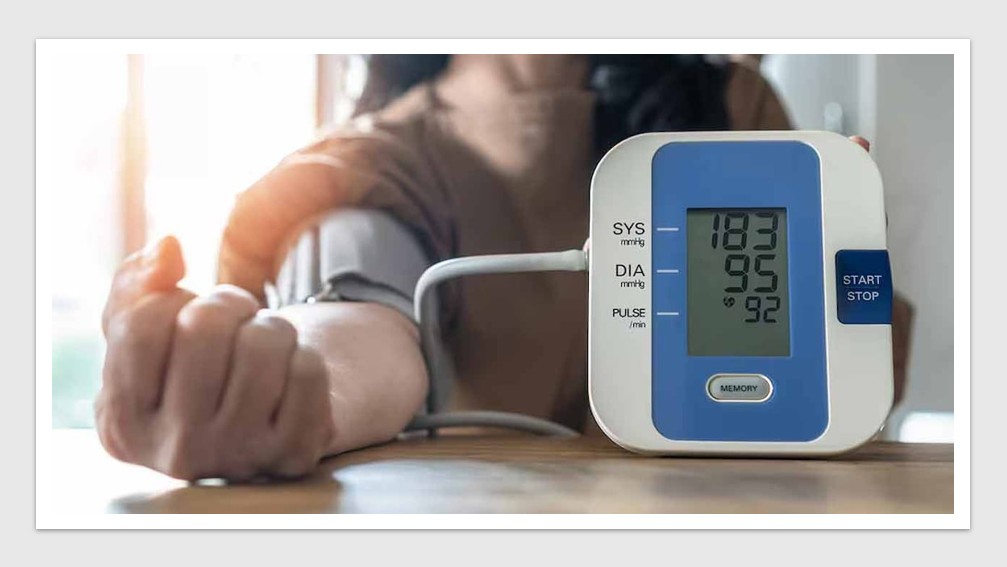News & Trends - MedTech & Diagnostics
Clinicians pioneer alternative to next-gen robotics in lung cancer

MedTech & Diagnostics News: Lung cancer is the leading cause of cancer death in Australia, with about 14,000 new cases diagnosed annually. A combination of existing medtech equipment that can do the work of a million-dollar surgical robot for a fraction of the investment has been devised by Macquarie University Hospital respiratory specialists. This new approach is expected to be a significant tool in the 2025 rollout of the nation’s first Lung Cancer Screening Program.
Early-stage lung cancer often presents as nodules less than one centimetre in diameter, located deep within the lungs, making traditional biopsy methods challenging even for the most skilled physicians. Consequently, up to 20% of such procedures fail to obtain a viable sample, and one in five results in serious complications such as a collapsed lung or uncontrollable bleeding.
The complexity of the lungs, with tens of thousands of tiny branches and a surface area comparable to a three-bedroom house, adds to the challenge. Reaching a nodule requires precise guidance and stability during the procedure. While CT scans taken while the patient is awake may be of limited use once they are anesthetised. Even the camera on a flexible bronchoscope offers little assistance if the nodule is not in an airway. Historically, patients with small nodules faced either surgery without a diagnosis or waiting for the nodules to grow.
The new generation Noah Medical Galaxy Robotic Bronchoscopy System offers a high-tech solution with live imaging technology, guiding doctors to the correct site and reducing complication and failure rates. However, the million-dollar-plus price tag makes it inaccessible for many countries and Australian public hospitals.
Macquarie University’s interventional pulmonologist Professor Alvin Ing, along with respiratory physicians Associate Professor Tajalli Saghaie and Associate Professor Jonathan Williamson, participated in a clinical trial of the robotic device. Post-trial, the team sought cost-effective alternatives to achieve similar results, ensuring broader accessibility.
Utilising an existing Philips Azurion Interventional Lab, which many vascular surgeons use for live image guidance, they integrated a Cone Beam Computer Tomography (CBCT) data set to plan the optimal path to the target lesion.
With specialised software from the manufacturer, a surgical clamp, and the expertise of Macquarie University Hospital anaesthetists, the team accurately biopsied nodules as small as six millimetres in diameter, reducing the complication rate to less than one in 100.
Associate Professor Saghaie emphasised the importance of equity of access to care.
“Not every hospital can afford a million-dollar surgical robot, but if they have a vascular surgeon or an interventional cardiologist, then it’s very likely they already have the right CT scanner,” he stated.
“Early detection and treatment are key to improving patient outcomes in lung cancer. If we can see a nodule that we can’t get to, it’s incredibly stressful and upsetting for the patient to have to choose between waiting for it to grow bigger or having surgery they may not need.”
Since trialling the new technique in May 2023, they have performed their 100th biopsy. They expect to double that number by the end of this year as word spreads. Of the 100 procedures, 67 cases were diagnosed with cancer, allowing immediate treatment and providing peace of mind to the other patients.
The National Lung Cancer Screening Program, beginning in July 2025, aims to prevent at least 500 lung cancer deaths annually in Australia. For this goal to be realised, early-stage biopsies must be more widely available.
“We’re incredibly excited about this procedure and about sharing what we’ve learned,” added Associate Professor Saghaie.
The technique has been adopted by some public hospitals in New South Wales, with doctors from Victorian and Western Australian hospitals set to visit next month to learn it.
![]() In reimagining healthcare across the entire patient journey, Health Industry HubTM is the only one-stop-hub uniting the diversity of the Pharma, MedTech, Diagnostics & Biotech sectors to inspire meaningful change.
In reimagining healthcare across the entire patient journey, Health Industry HubTM is the only one-stop-hub uniting the diversity of the Pharma, MedTech, Diagnostics & Biotech sectors to inspire meaningful change.
The Health Industry HubTM content is copyright protected. Access is available under individual user licenses. Please click here to subscribe and visit T&Cs here.
News & Trends - Biotechnology

CSL reshapes R&D while bracing for U.S. tariffs
Australia’s largest biotech company CSL is streamlining its R&D operations to enhance efficiency amidst a rapidly evolving global landscape. The […]
MoreNews & Trends - MedTech & Diagnostics

Australia joins Medtronic trial in fight against resistant hypertension
Medtronic has launched an international clinical trial across Australia, the United States, and Europe to evaluate the feasibility of multi-organ […]
MoreNews & Trends - MedTech & Diagnostics

Medibank launches pharmacogenetic testing while government stalls on insurance discrimination ban
Medibank has become the first Australian health insurer to pay towards pharmacogenetic testing (PGx) for eligible customers on Extras cover. […]
MoreNews & Trends - Pharmaceuticals

Global pledge shifts visibility and action for patients with advanced breast cancer
Three breast cancer organisations have united internationally to demand that people living with metastatic breast cancer (MBC) are no longer […]
More